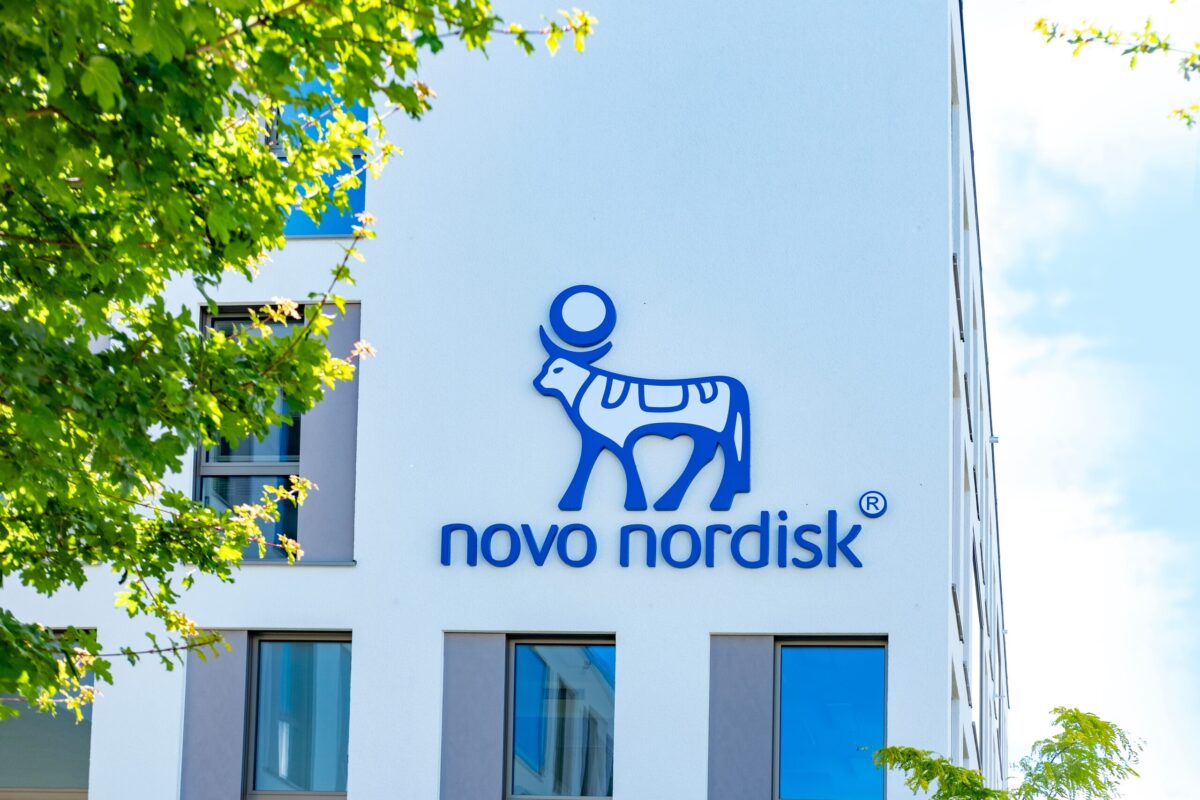Personalized medicine is affecting many areas of patient cancer, not least of which is the field of oncology. In order to further personalized cancer treatments, researchers at the University Of Iowa College Of Dentistry, in collaboration with Cellworks Group Inc., have developed a virtual tumor computer simulation which may help doctors predict how a patient’s specific tumor will respond to different treatment options.
According to Kim Alan Brogden, a professor of periodontics at the University of Iowa, the virtual tumor simulations were designed to test the potential effectiveness of cancer drugs to disable the cancer’s ability to suppress a patient’s immune system. “Thus, we are better able to zero in on what type of treatment would work best for that individual’s cancer,” said Brogden.
Many cancers are capable of altering the patient’s natural immune response, thereby evading detection and attack by immune cells. They do so by overriding so-called “immune checkpoints” which are molecules presented on the surface of an immune cell which must be triggered in order to generate an immune response by the body.
While immunotherapy drugs capable of targeting the immune checkpoints are available, some have a response rate of less than 20.5 percent in patients, according to Brogden. By using the virtual tumor technology, the researchers are hopeful that these cancer therapies could be made more effective by personalizing them for the patient’s individual tumor type.
Brogden and his team used genetic information taken from a patient’s tumor cells, and loaded it into the simulation software to generate predictions based on how the immune checkpoints might respond to specific drugs. As a next step, the researchers grew a patient’s tumor cells in the lab, in order to confirm the predictions made by the virtual tumor.
If both the virtual tumor and the in vitro cell method produce similarly positive results for a drug, the researchers believe they have sufficient evidence that the therapy in question will be effective for an individual patient. If the results of the two tests are different, the researchers use that data to further hone the virtual tumor model.
According to Brogden, the technology is currently predicting around 86 percent of matches. “Our goal is to develop a very patient-specific workflow that could be used early after cancer diagnosis to aid in the identification of effective cancer treatments,” said Brogden.
The team also sees a future for the technology in predicting how effective combination therapies may be for individual cancer patients. For example, the in silico and in vitro technologies could be used in conjunction to determine how two immunotherapy treatments – or an immunotherapy drug used in conjunction with a chemotherapy drug – might work against an individual’s tumor type.
Sources:
- Personalizing cancer treatment with help from ‘virtual tumors’ – http://www.medicalnewstoday.com/articles/303651.php












Join or login to leave a comment
JOIN LOGIN